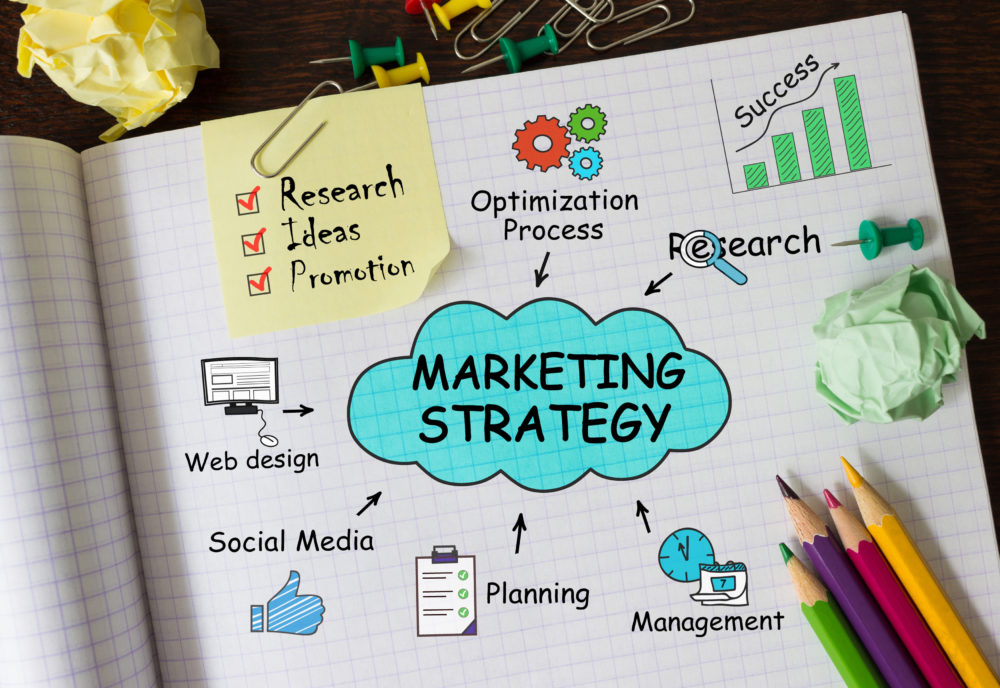The Art of Influence: Mastering Leadership Skills for Success

Table of Contents
Leadership Skills In the ever-evolving landscape of the modern workplace, the ability to influence and inspire is paramount. Effective leadership transcends mere management, embodying the art of guiding teams toward common goals, fostering innovation, and driving organizational success. Mastering the essential Leadership Skills is not only a professional imperative but also a personal journey of growth and discovery. Let’s explore how you can cultivate these skills and become a beacon of excellence in your field.

Understanding the Core Leadership Skills
Before delving into the intricacies of mastering Leadership Skills, it’s crucial to understand what these skills entail. Leadership encompasses a broad spectrum of abilities, ranging from strategic thinking to emotional intelligence. At its core, effective leadership is about influencing others to achieve a shared vision. Here are some fundamental Leadership Skills that every aspiring leader should develop:
1. Visionary Thinking
A great leader is a visionary, someone who can see beyond the present and anticipate future trends and opportunities. Visionary thinking involves setting a clear direction and inspiring others to follow. It’s about having a long-term perspective and the ability to articulate a compelling vision that motivates and unites the team.
2. Emotional Intelligence (EI)
Emotional intelligence is the ability to understand and manage your own emotions, as well as the emotions of others. This skill is vital for building strong relationships, resolving conflicts, and creating a positive work environment. Leaders with high EI are empathetic, self-aware, and adept at navigating social complexities.
3. Effective Communication
Communication is the lifeblood of Leadership Skills. Effective leaders must be able to convey their ideas clearly and persuasively. This includes both verbal and written communication, as well as active listening. Strong communication skills help leaders to build trust, foster collaboration, and drive organizational change.
4. Decision-Making
Leaders are constantly faced with decisions that can impact their teams and organizations. Effective decision-making involves gathering and analyzing information, weighing the pros and cons, and making informed choices. It also requires the ability to make decisions under pressure and with confidence.
5. Adaptability
In a rapidly changing world, adaptability is a critical Leadership Skill. Leaders must be able to pivot and adjust their strategies in response to new challenges and opportunities. This flexibility helps organizations stay competitive and resilient in the face of uncertainty.
Cultivating Leadership Skills through Self-Awareness
Self-awareness is the cornerstone of effective Leadership Skills. By understanding your strengths, weaknesses, and blind spots, you can better navigate your leadership journey. Here are some strategies to enhance self-awareness and, in turn, your Leadership Skills:
Self-Reflection
Regular self-reflection helps you gain insights into your behavior and thought patterns. Set aside time each day or week to reflect on your actions, decisions, and interactions. Consider keeping a journal to track your progress and identify areas for improvement.
Seeking Feedback
Feedback from others provides valuable perspectives that you might overlook. Encourage your team members, peers, and mentors to share their observations and suggestions. Be open to constructive criticism and use it as an opportunity for growth.
Personality Assessments
Tools like the Myers-Briggs Type Indicator (MBTI) or the DiSC assessment can help you understand your personality traits and how they influence your leadership style. These assessments provide a framework for recognizing your natural tendencies and areas where you can develop.
Enhancing Emotional Intelligence
Emotional intelligence is a multifaceted skill that encompasses self-awareness, self-regulation, motivation, empathy, and social skills. Here’s how you can enhance your EI to become a more effective leader:
Practicing Empathy
Empathy involves putting yourself in others’ shoes and understanding their perspectives. Make a conscious effort to listen actively and consider the emotions behind the words. This practice builds trust and strengthens your relationships with team members.
Managing Stress
Effective leaders are adept at managing stress and maintaining their composure under pressure. Develop stress-management techniques such as mindfulness, deep breathing, or regular exercise. By staying calm and focused, you can lead your team through challenging situations with confidence.
Building Relationships
Strong relationships are the foundation of effective leadership. Take the time to get to know your team members on a personal level. Show genuine interest in their well-being and support their professional growth. Building strong connections fosters a positive and collaborative work environment.
Mastering the Art of Communication
Communication is a vital Leadership Skill that impacts every aspect of your role as a leader. Here are some strategies to master the art of communication:
Active Listening
Active listening involves fully focusing on the speaker, understanding their message, and responding thoughtfully. Practice active listening by maintaining eye contact, nodding in agreement, and asking clarifying questions. This skill shows that you value others’ input and fosters mutual respect.
Clear and Concise Messaging
Effective leaders communicate their ideas clearly and concisely. Avoid jargon and overly complex language. Instead, use simple and direct language to convey your message. Ensure that your communication is well-structured and easy to follow.
Non-Verbal Communication
Non-verbal cues such as body language, facial expressions, and tone of voice play a significant role in communication. Be mindful of your non-verbal signals and ensure they align with your verbal message. Positive non-verbal communication can reinforce your words and enhance your credibility.
Decision-Making and Problem-Solving
Decision-making is a critical Leadership Skill that requires a balance of intuition and analytical thinking. Here are some tips to enhance your decision-making and problem-solving abilities:
Gathering Information
Effective decision-making starts with gathering accurate and relevant information. Use multiple sources to collect data and seek input from diverse perspectives. This comprehensive approach ensures that you have a well-rounded understanding of the situation.
Weighing Options
Once you have all the information, weigh the pros and cons of each option. Consider the short-term and long-term implications of your decisions. Use tools like SWOT analysis (Strengths, Weaknesses, Opportunities, Threats) to evaluate your options objectively.
Trusting Your Instincts
While data and analysis are important, trusting your instincts is also crucial. Experienced leaders often develop a strong sense of intuition based on their knowledge and experience. Don’t ignore your gut feelings when making decisions, especially when time is of the essence.
Embracing Adaptability and Innovation
Adaptability and innovation are essential Leadership Skills in today’s fast-paced world. Leaders must be open to change and willing to embrace new ideas. Here’s how you can cultivate these skills:
Fostering a Growth Mindset
A growth mindset is the belief that abilities and intelligence can be developed through dedication and hard work. Encourage a growth mindset in yourself and your team by embracing challenges, learning from failures, and continuously seeking improvement.
Encouraging Creativity
Create an environment that encourages creativity and innovation. Provide opportunities for brainstorming and experimentation. Recognize and reward innovative ideas and solutions. By fostering a culture of creativity, you can drive continuous improvement and stay ahead of the competition.
Staying Agile
Agility involves being flexible and responsive to change. Stay informed about industry trends and emerging technologies. Be willing to pivot and adjust your strategies as needed. An agile leader can navigate uncertainty and seize new opportunities with confidence.
Leading with Integrity and Authenticity
Integrity and authenticity are fundamental Leadership Skills that build trust and credibility. Here’s how you can lead with these qualities:
Being Transparent
Transparency involves being open and honest with your team. Share information, explain your decisions, and admit when you make mistakes. Transparency fosters trust and creates a culture of accountability.
Staying True to Your Values
Authentic leaders stay true to their values and principles. Identify your core values and ensure that your actions align with them. Leading with authenticity inspires others to do the same and creates a strong sense of purpose within your team.
Demonstrating Accountability
Accountability is about taking responsibility for your actions and decisions. Hold yourself and others accountable for meeting commitments and achieving goals. By demonstrating accountability, you set a positive example and foster a culture of integrity.
Leadership Skills
Mastering Leadership Skills is a continuous journey of learning and growth. It requires dedication, self-awareness, and a commitment to personal and professional development. By cultivating visionary thinking, emotional intelligence, effective communication, decision-making, adaptability, and integrity, you can become an influential leader who drives success and inspires others.
Remember, the art of influence is not about wielding power but about empowering others. As you develop your Leadership Skills, focus on building strong relationships, fostering a positive work environment, and creating a shared vision. By doing so, you will maximize your impact and achieve excellence in your leadership journey.








